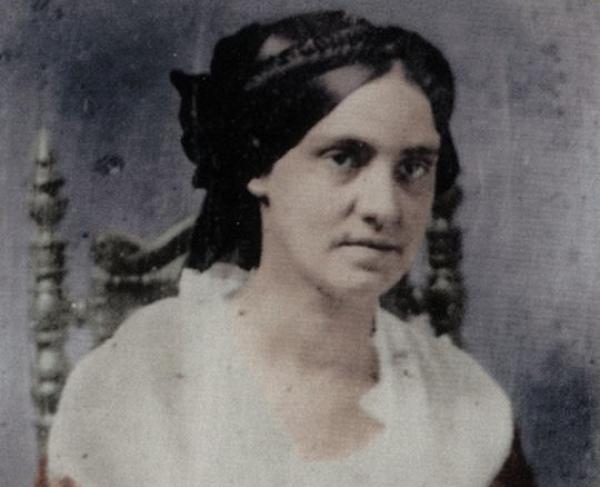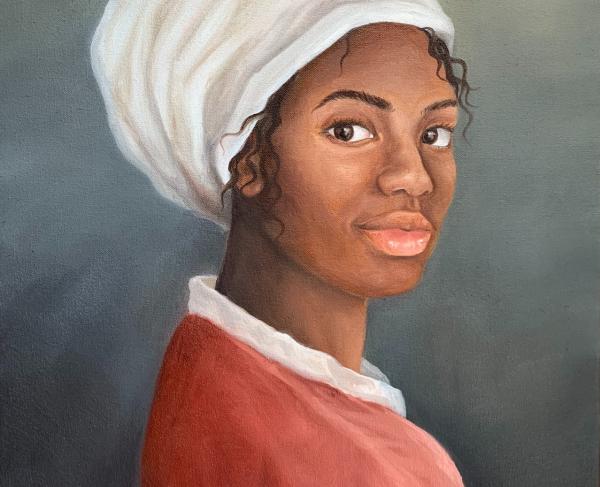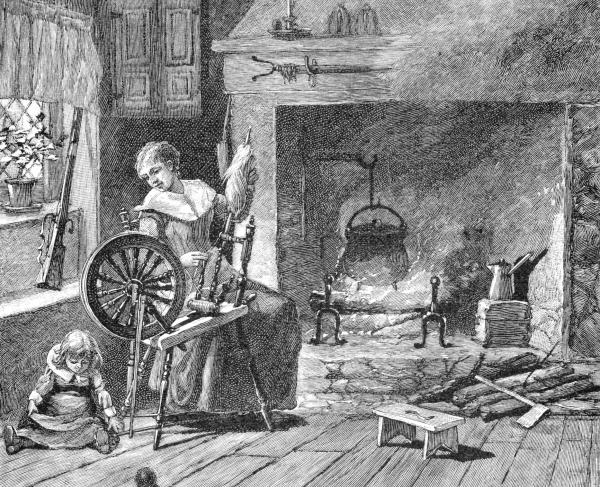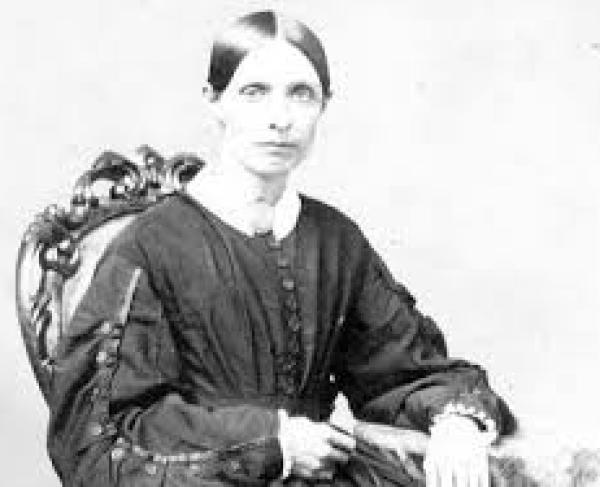Phoebe Pember

Phoebe Yates Levy Pember was born on August 18, 1823 to Jewish parents in Charleston, South Carolina. Her father, Jacob Levy, was a successful merchant and because of their wealth and status they socialized with the city’s elite in spite of any anti-Semitism they may have encountered. In 1856, Pember married outside her faith to Thomas Pember of Boston. Their marriage only lasted five years before her husband succumbed to tuberculosis in July 1861. Following her husbands death, Pember moved back in with her parents who fled their new home of Savannah, Georgia for the safety of Marietta, Georgia. However, the time Pember spent at home was not happy as she often quarreled with her father. Thus, in November of 1862, she accepted an offer from her good friend and wife of the Confederate Secretary of War Mary Pope Randolph to serve as chief matron for Chimborazo Hospital in Richmond, Virginia.
During Pember’s tenure as matron Chimborazo was one of the largest hospitals in the world; in which its staff treated over 76,000 wounded and ill Confederate soldiers. Although Pember did not practice medicine she was a successful administrator. As chief matron, Pember oversaw the nursing operations in the second of the hospital’s five divisions with limited supervision from a chief medical officer, in which she attended to the dietary needs and the comfort of over 15,000 men. Pember was the first female administrator at Chimborazo and as such faced numerous attempts to undermine her authority. These attempts primarily manifested themselves in her staff underestimating her resilience by trying to steal medical supplies, especially whiskey, which was placed under her control. In one instance, Pember threatened a would-be thief with a gun she kept hidden in order to keep him away from the barrels of whiskey. Pember served as chief matron from December 1862 until the Confederate surrender in April 1865. Following the war, Pember traveled extensively throughout the United States before passing away of breast cancer on March 4, 1913 while visiting Pittsburgh, Pennsylvania.
Pember’s memoirs A Southern Woman’s Story: Life in Confederate Richmond recounts her time at Chimborazo and provides valuable insight into the plight of southern women during the Civil War. Pember defied gender expectations and excelled in her position as administrator. As one Richmond citizen wrote Pember was a “brisk and brilliant matron” with “the will of steel under a suave refinement.”
Suggested Reading: A Southern Woman’s Story: Life in Confederate Richmond


